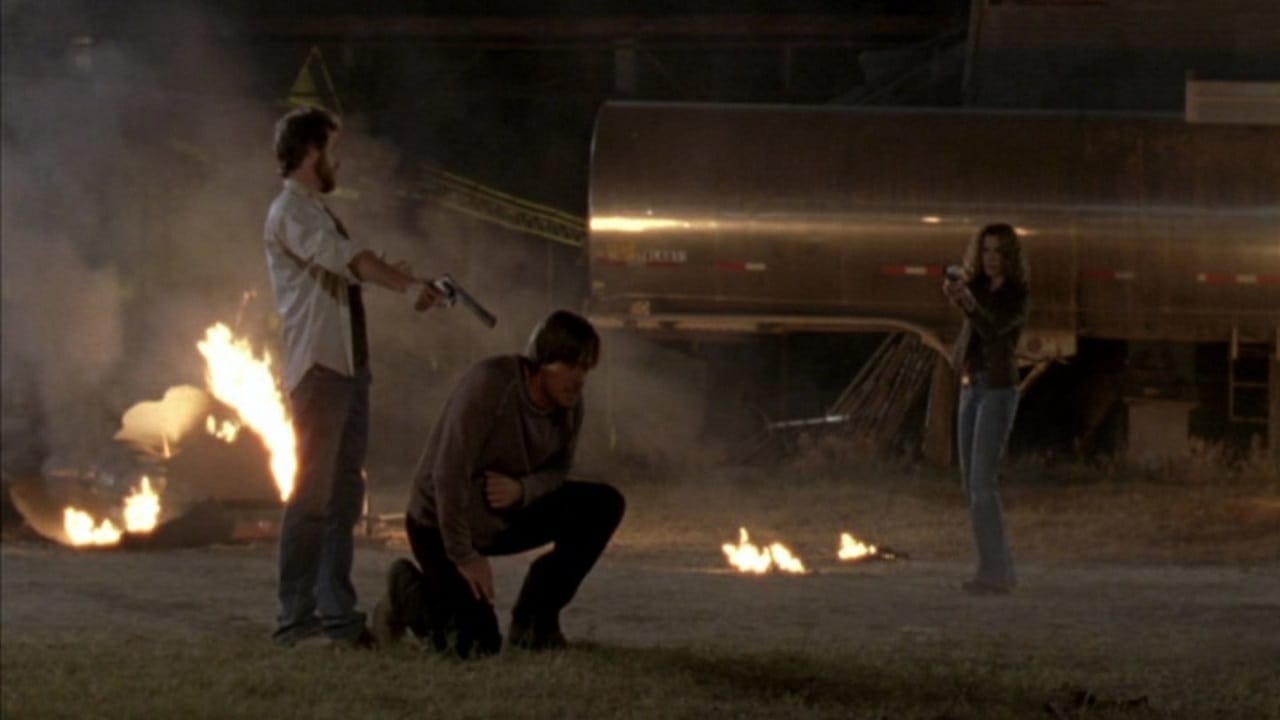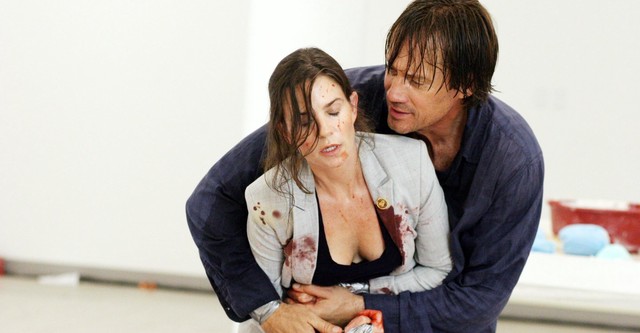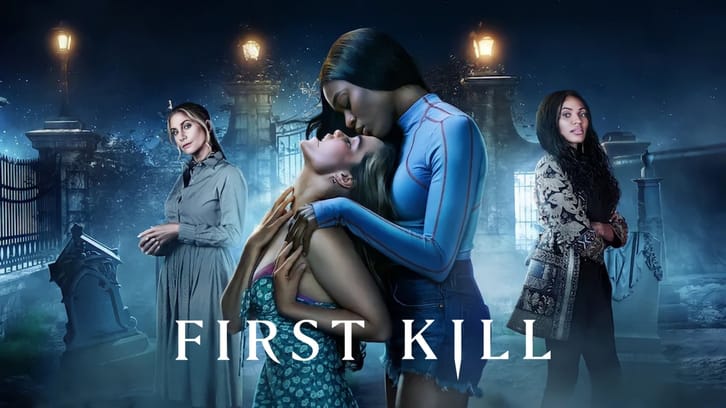Walking Tall (2007): A Gritty Tale of Justice and Retribution
Walking Tall (2007) is a gritty action drama that serves as a modern reinterpretation of the classic American vigilante tale. Loosely inspired by the original 1973 film and its real-life counterpart, the 2007 version builds upon themes of justice, corruption, and personal redemption, offering a more intense and stylized take on small-town resistance against systemic crime. Directed by Tripp Reed, this installment stands out as a sequel to the 2004 Dwayne “The Rock” Johnson-led reboot, although it introduces new characters and a self-contained storyline, creating a fresh perspective while maintaining the franchise’s core spirit.
The story centers around Nick Prescott, a former military officer played by Kevin Sorbo, who returns to his rural hometown of Boone after the mysterious death of his father, the town's sheriff. Upon his return, Nick discovers that Boone is now under the grip of rampant crime and corruption, controlled by a ruthless gang led by Harvey Morris (A.J. Buckley), who uses fear and violence to dominate the local community. Realizing the town has lost all sense of justice, Nick decides to take the law into his own hands. Armed with his sense of duty and moral clarity, he steps up as sheriff and begins a personal war to clean up the town, one battle at a time.
Unlike the more polished and comedic tone of some earlier versions, Walking Tall (2007) embraces a darker and more grounded atmosphere. The film’s tone is serious, and the violence is more realistic, often showcasing the brutality of backwoods corruption. Kevin Sorbo delivers a stoic and determined performance as Nick, portraying him as a man deeply affected by the loss of his father and driven by a strong moral compass. His transformation from a quiet outsider to a reluctant hero is both believable and compelling, providing the emotional anchor for the film.

The action sequences are gritty and intense, favoring raw hand-to-hand combat and practical effects over flashy set-pieces. The iconic wooden club, a symbol of personal justice from the original film, makes a return, reinforcing the theme of fighting back with whatever means one has. While the budget limitations are apparent at times, especially in comparison to big studio productions, the film compensates with tight pacing and a focus on character-driven conflict.
Supporting performances, particularly from Yvette Nipar as Nick’s love interest and the town’s moral conscience, add depth to the story. A.J. Buckley’s portrayal of the antagonist offers a chaotic counterbalance to Sorbo’s calm resolve, creating a believable clash of ideologies between lawlessness and order. The setting—a desolate, working-class town plagued by drugs and gang violence—feels authentic, making the stakes more personal and relatable.

Ultimately, Walking Tall (2007) is a tale of standing up against injustice, even when the odds are stacked high. It may not have the flash or star power of its predecessors, but it captures the enduring appeal of the lone hero who refuses to back down. For fans of straightforward, morally-driven action films, it delivers exactly what it promises: an unflinching fight for what’s right in a world gone wrong.




